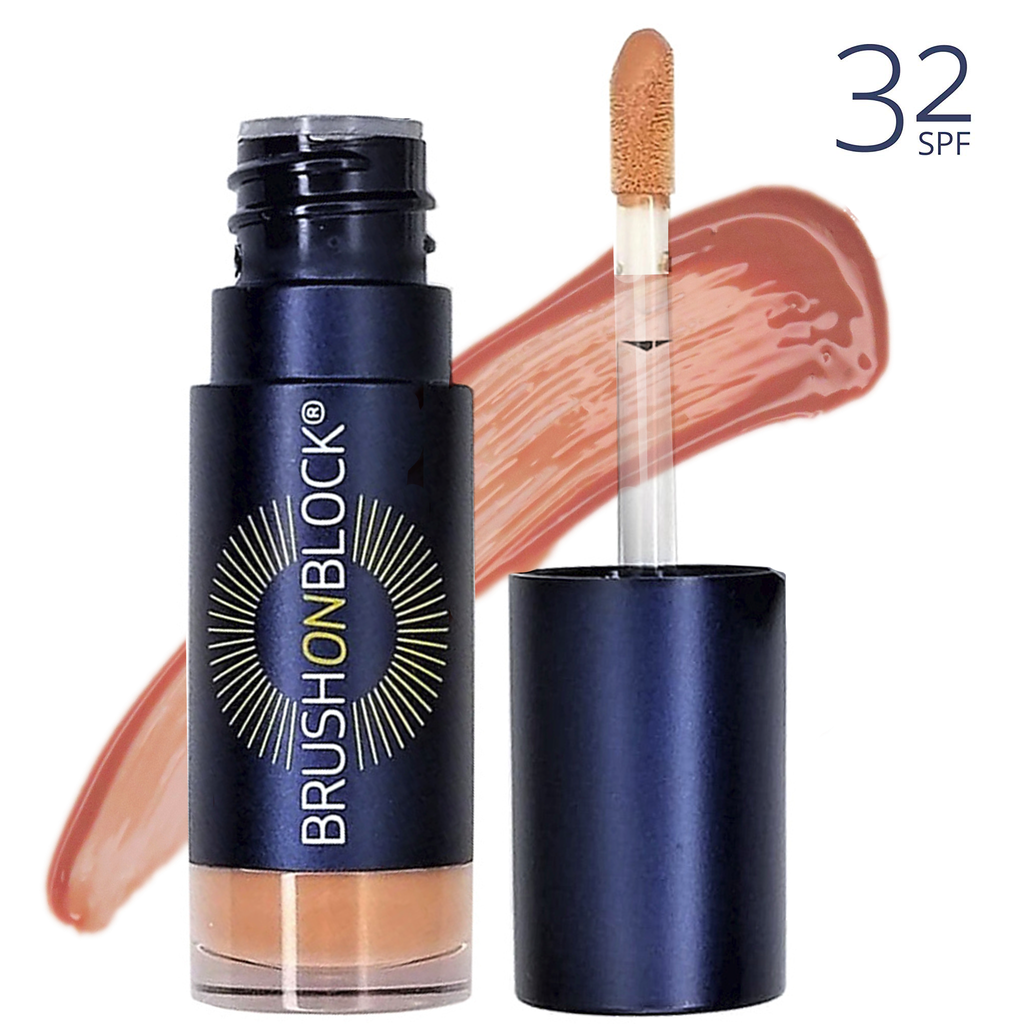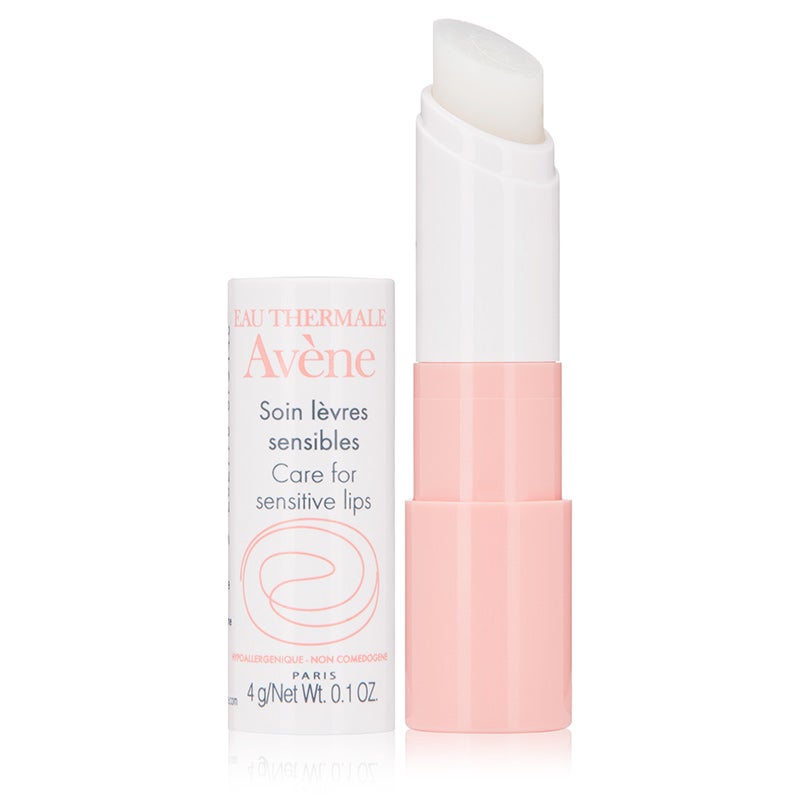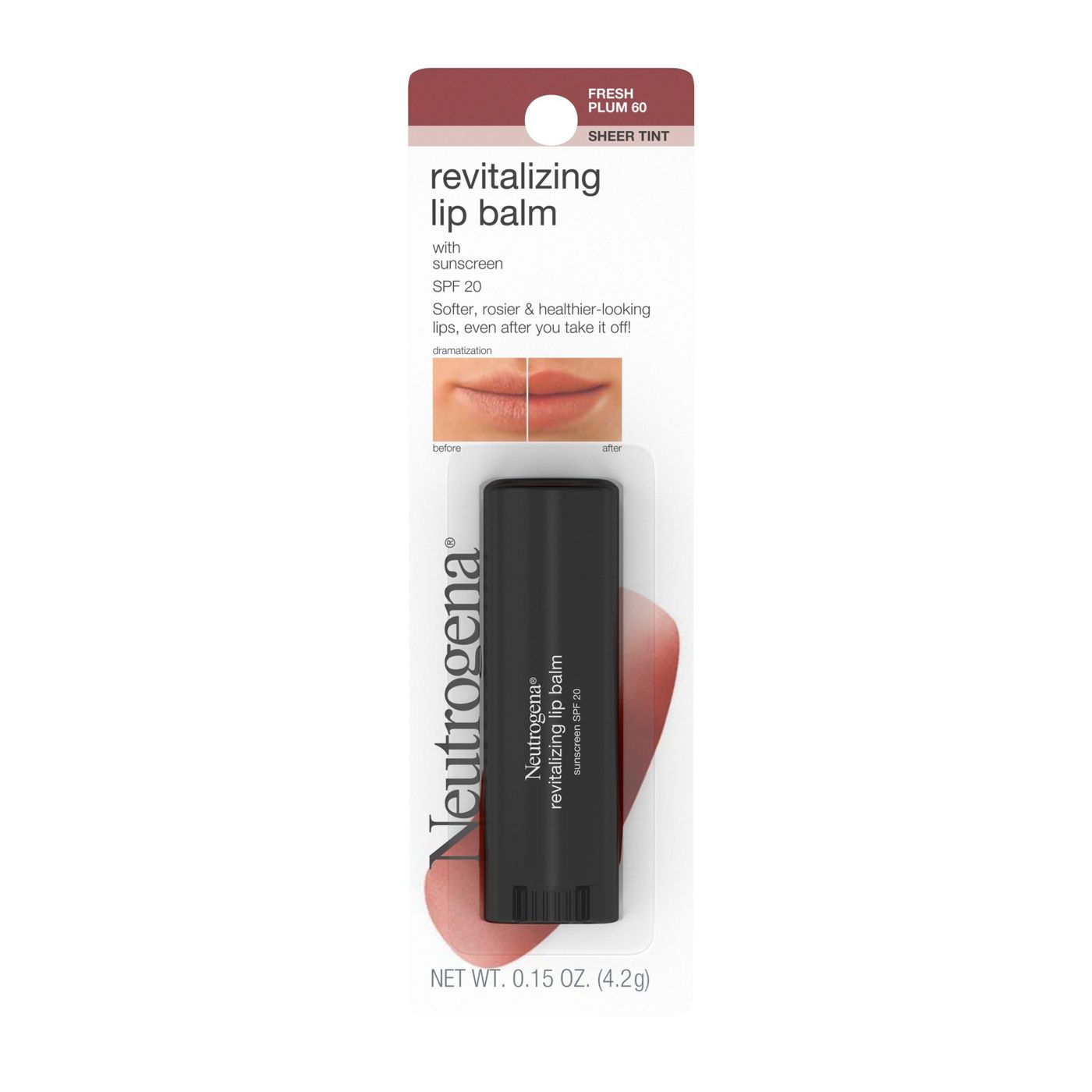Sunburns are a tragic fact of life. As much as we try to avoid them with trendy visors, umbrellas at the beach, and loads of sunscreen, we still sometimes find ourselves with red, swollen patches of skin. The agony usually presents itself on our face, shoulders, or back, but there's one area we're not paying enough attention to: our lips.
Keeping your lips hydrated is one thing; they need sun protection, too. With a lack of education and advertising push, however, you could go your whole life without making the connection. "There tends to be less awareness about protecting the lips from the sun," says Hadley King, MD, a New York City-based dermatologist. "Even if we remember to apply sunscreen to our face, we may forget to apply it to the lips." Without the right protection, the delicate skin on our lips is susceptible to getting sunburned. Yes, that's a real thing — and here's everything you need to know about it, straight from the pros.
AdvertisementADVERTISEMENT
How To Know If Your Lips Are Sunburned
Have you ever eaten something spicy and felt that tingly, swollen-like sensation? That's kind of what sunburned lips feel like. "Sunburned lips are red, swollen, and painful," says Kenneth Howe, MD, of Wexler Dermatology in NYC. "They'll be sensitive to touch, and may develop small, white blisters. The lower lip is often more affected than the upper, because the lower lip catches more light."
You should avoid popping any blisters and allow them to subside on their own. "They are the body's way of forming a bandage," says Dr. King. "The blister serves as a biological dressing, preventing germs from entering, and the fluid inside works to prevent further damage to the skin below and to allow the skin to heal." If a particular blister has you worried, it's recommended that you visit a medical professional — which can be done via telemedicine — to analyze the area.
How To Treat Sunburned Lips
Don't panic: There are solutions. The recovery period typically lasts 3-5 days, and you'll want to avoid exposing your lips to more UV rays during that time as well as take ibuprofen for relief if it's painful (consult the packaging for proper dosage information). When it comes to soothing the area, both dermatologists recommend aloe vera, which can be more helpful when chilled in the refrigerator, says Dr. Howe. You can also relieve the inflamed area by using yogurt or a washcloth soaked in cold low-fat milk for 15 minutes at a time. "The fat content of milk cleanses and moisturizes but can hold in heat, so switch to full-fat milk as the active phase of the sunburn resolves and the dry and peeling phase begins," advises Dr. King.
AdvertisementADVERTISEMENT
You'll also want to avoid heavy oils or petrolatum during the active stage of a burn because they can trap heat in the skin, which causes further damage. Additionally, you'll want to steer clear of possible irritants in the area for a while, like alpha- or beta-hydroxy acids, retinoids, lip-plumping ingredients (peppermint or cinnamon oil), and spicy foods. Try to resist licking your lips, too. "The constant wetting and evaporation will damage the sensitive, newly-healing skin," says Dr. Howe.
You can expect your lips to be dry during the healing process. From that point, you'll want to keep them moisturized to support the skin barrier while continuing to follow the tips above. It's also essential that the dry skin is not picked at, or it will prolong the restorative process. "The old skin provides a layer of protection over the new skin," says Dr. King. "It will come off when the new skin has sufficiently matured and is ready."
You Can Prevent Sunburned Lips
You'll want to add lip products with SPF — like the ones the dermatologists have recommended below — to your regimen, and carry a tube around with you for reapplication. (Luckily, sun protection for the lips is easier than ever these days, considering how frequently we wear facial coverings.) You should also dedicate attention to your entire face by forming daily habits. "That means avoiding peak UV hours, seeking shade, and wearing a broad-brimmed hat that provides shade for the face, including the lips," says Dr. King.
AdvertisementADVERTISEMENT
Know The Risks
There can be long-term — and even dangerous — effects of sunburned lips if you allow the skin to burn repeatedly and don't give the sensitive area the protection it needs. Aside from the possibility of chronically swollen or misshapen lips, there is greater urgency when it comes to that area and skin cancer, according to Dr. Howe. "Skin cancer on the lips behaves much more aggressively than skin cancer in other locations on the body," he says. "Squamous cell cancer of the fleshy portion of the lip is five times more likely to metastasize (i.e., spread) than similar skin cancers elsewhere on the body."
Dr. King adds that not only can chronically sun-damaged lips result in a condition called actinic cheilitis, but they can also change in appearance. "They may develop fine lines and lose their red color and volume," she says.
Ultimately, it's essential to take care of your lips and protect them from the sun year-round — because chapped lips are enough to deal with without throwing sun damage into the mix.
At Refinery29, we’re here to help you navigate this overwhelming world of stuff. All of our market picks are independently selected and curated by the editorial team. If you buy something we link to on our site, Refinery29 may earn commission.
AdvertisementADVERTISEMENT










